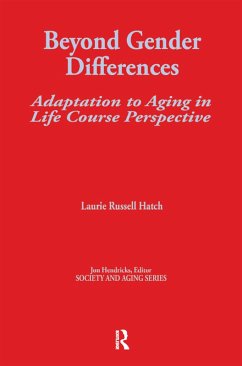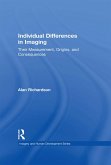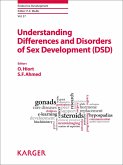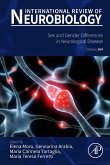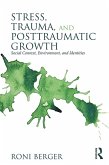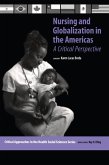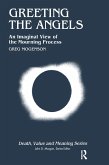The central aim of this book is to challenge to questions like 'Which gender copes better when a spouse dies? and Are women or men more independent on others as they grow older? Putting gender in a lifespan context, Hatch (Sociology, U. of Kentucky) atypically accents the gains as well as losses of aging and sex differences in adaptation overall, to the death of a spouse, and to retirement. A number of controversies surrounding gender and aging are addressed.
Dieser Download kann aus rechtlichen Gründen nur mit Rechnungsadresse in A, B, BG, CY, CZ, D, DK, EW, E, FIN, F, GR, HR, H, IRL, I, LT, L, LR, M, NL, PL, P, R, S, SLO, SK ausgeliefert werden.

